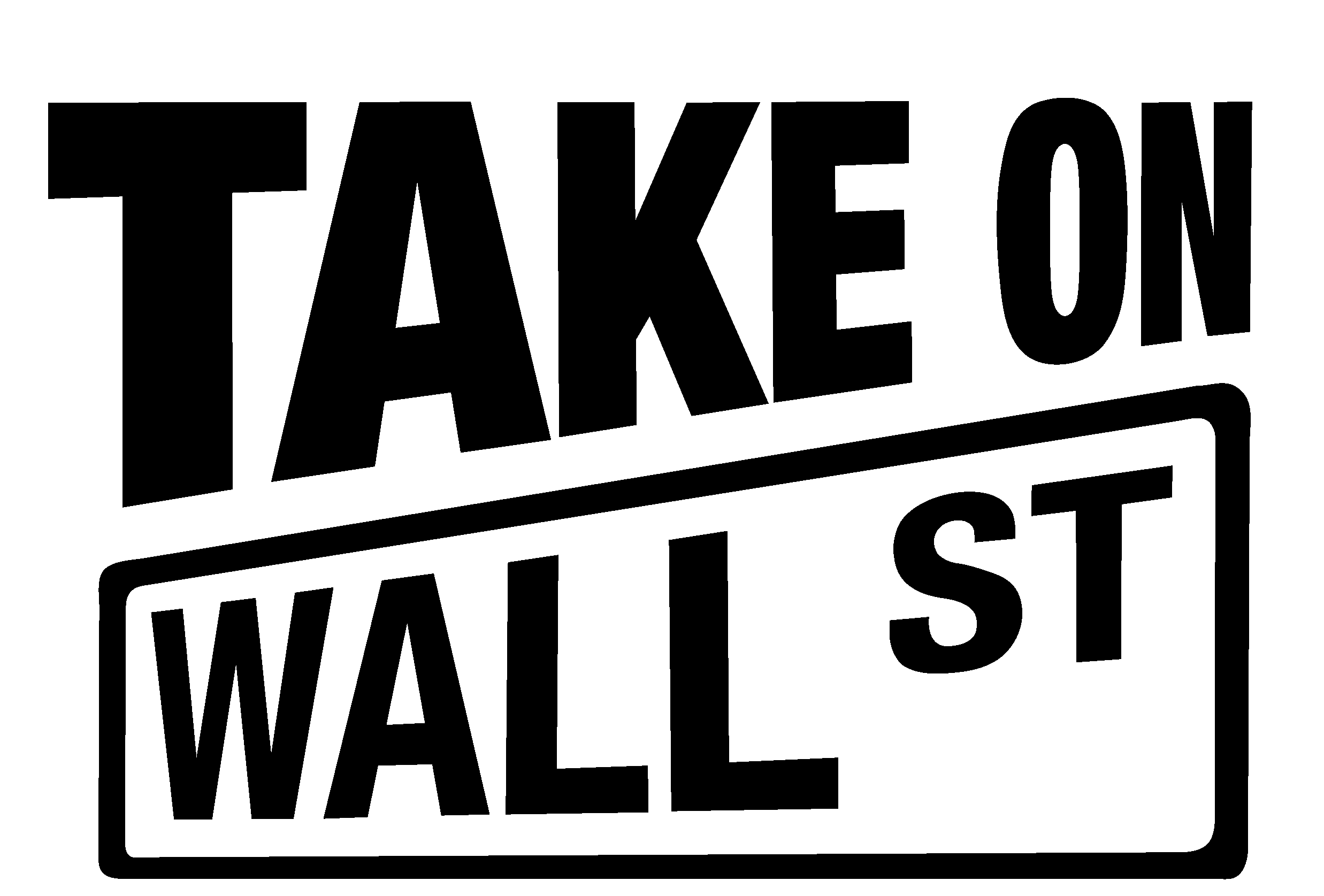
Originally published on Inequality.org
It’s been a very good year for Wall Street. The S&P 500 reached record highs week after week, and analysts are upgrading U.S. profit estimates at a brisk pace. The finance industry spent nearly twice the amount of any other industry on campaign contributions in the 2017-2018 electoral cycle so far, and their investment in Trump and the GOP is clearly paying off. The Wall Street wins since Trump took office are almost too numerous to count, but we’ve cataloged them in our new report. Here are some of the lowlights:
Candidate Donald Trump referred to Wall Street as a cabal of global financiers who had robbed the working class, but instead of “draining the swamp,” the Trump administration filled top positions in the White House with former Goldman Sachs insiders.
In 17 out of 20 broad policy areas, the Treasury proposals released after the inauguration mirrored those of The Clearing House, the trade association for the country’s biggest banks.
Last summer, House Republicans passed the Financial CHOICE Act, a radical bill that would repeal all manner of Dodd-Frank rules that make finance safer and less abusive.
Just since October, the House Financial Services Committee has passed over 50 billsthat either benefit Wall Street directly or weaken consumer or investor protections, paving the way for future Wall Street profits.
A Penn/Wharton Business School study revealed that the finance industry is the largest long-term beneficiary of corporate tax cuts, and is expected to gain $250 billion over the next decade from tax cuts for “C corporations” alone.
JPMorgan and Wells Fargo’s tax cuts will total $7 billion in the first year alone. Private equity funds stand to rake in $19 billion over 10 years from the carried interest loophole remaining intact.
Big banks have no current plans to share this windfall with employees or consumers. Bank of America’s bonuses will cost it roughly $145 million — only four percent of the $3.5 billion the bank will receive from the tax cut. Worse still — soon after it announced bonuses, it also laid out plans to start charging fees for checking accounts for its poorest customers. Wells Fargo’s commitments to raise its minimum wage to $15 an hour and to boost its charitable contributions will equal only about five percent of the additional profits the tax cut will provide for the bank.
Bank of America and Wells Fargo are not alone: four out of five analysts expect companies to pass the windfall along to investors as stock buybacks and dividends. Only one in five expect companies to raise wages.
Far from adding jobs, the top six Wall Street banks together actually cut 8,000 jobs in the last six months of 2017, a higher rate than in the past two years.
Wall Street secured billions in windfall gains for themselves through lower taxes, looser rules, and deliberately weakened oversight and enforcement. All of these presents for Wall Street come at a cost to the rest of us. The American people will be paying for it for years in more potholes, larger class sizes, and climbing rents.
As Trump and the Republican Congress turn back the clock and undo protections put in place since the last financial crisis, we are stepping up the fight to stop them. But the important work of defending Dodd-Frank consumer and investor protections must not be the end of the story. We need to do more to build a financial system that works for most Americans, not against them. The financial system should serve to invest in the real economy, not just extract wealth from it.
Corporate income tax cuts for Wall Street alone could have funded 300,000 elementary school teachers, or 6,000 teachers per state for 10 years. Instead of channeling more wealth to financiers, Wall Street should have to pay its fair share in taxes. Imagine what a small tax on financial transactions could do to generate revenue for important public investments.
This is just one of the proposals of the Take on Wall Street campaign, a coalition organized around moving a financial reform agenda to address the predatory economic power of Wall Street banks and billionaires. We will continue working for structural reforms to build a financial system that works for everyday people.
Porter McConnell is the campaign director for Take on Wall Street and a co-author — along with Luísa Galvão, campaign coordinator — of “Wall Street Makes Bank on Trump: 2017 in Review.”

Leave a Reply